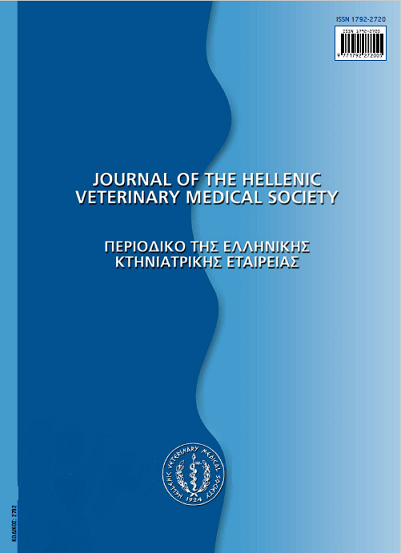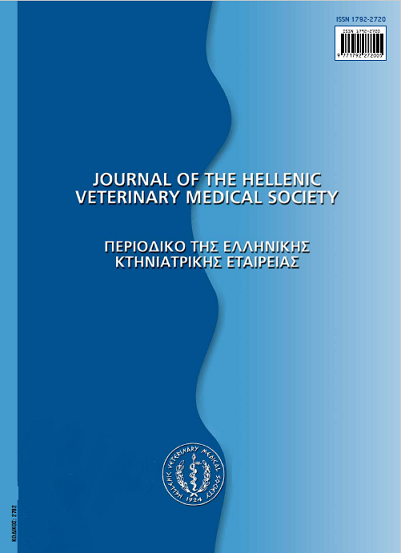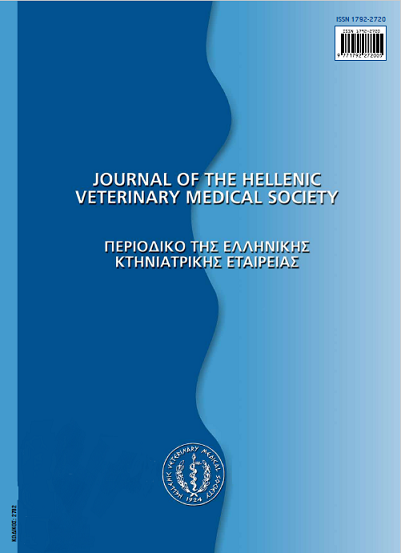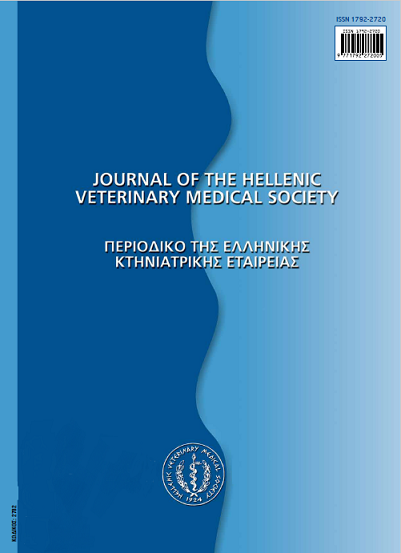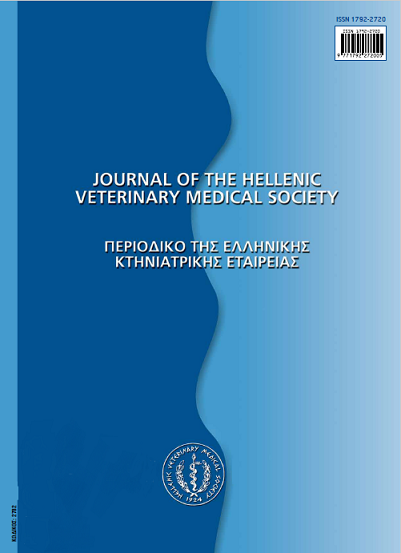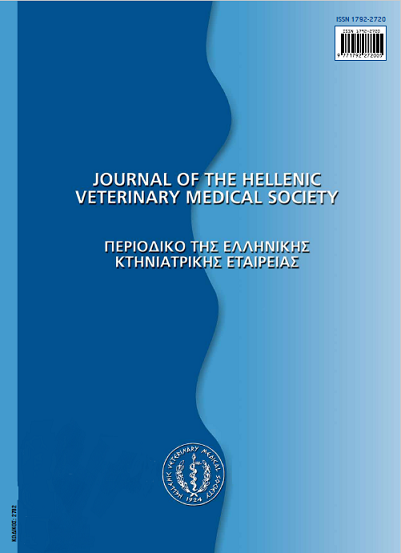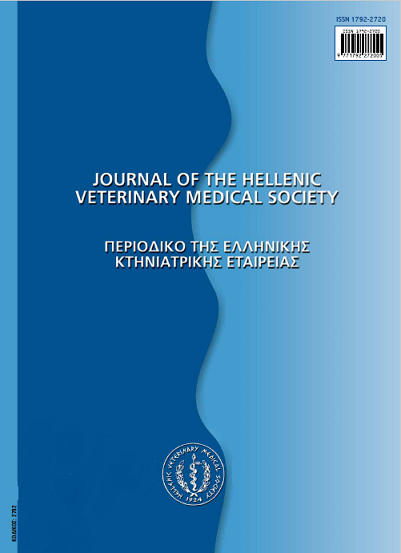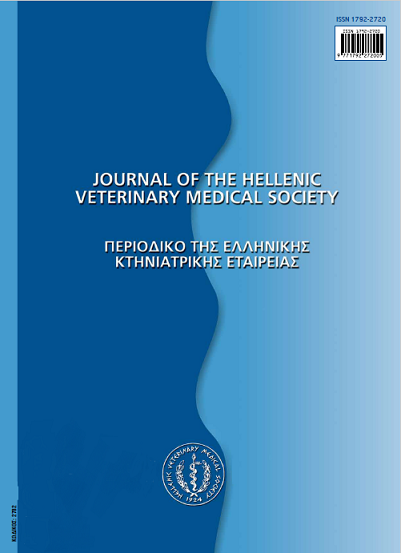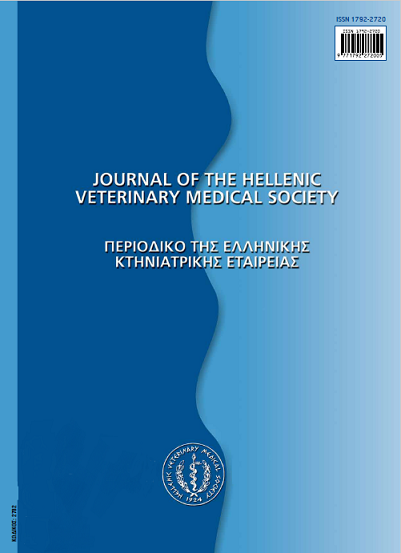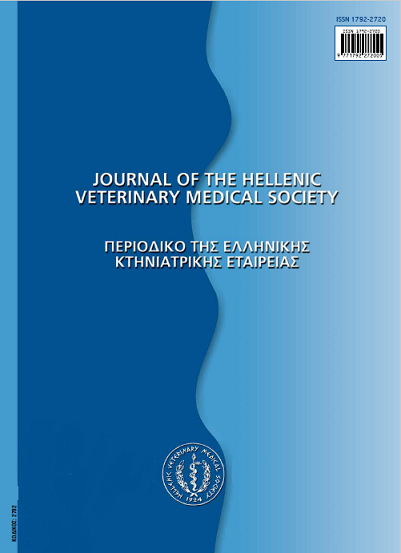Equine doping: perceptions, adverse effects and Cyprus hippodrome case review for the years 2001-2010
Résumé
Doping in race horses affects thousands of equine athletes worldwide. Illicit administration of medical compounds aims to improve the horse’s performance either through altering the athletic capacity, or through covering the symptoms of pathologic conditions. Nicosia race track has a significant number of confirmed doping cases when considering the small equine population of the island, reflecting the lack of credibility of racing in Cyprus. The most frequently administered medications are anabolic steroids, human recombinant erythropoietin, stimulants, diuretics, non-steroidal anti-inflammatory drugs, local anesthetics, bronchodilators and coagulants. Interestingly, published literature on the effectiveness of these substances is inconclusive or contradictory. This article constitutes a cumulative presentation of confirmed doping cases in Nicosia race track and a brief review on the published literature regarding the effectiveness of the most commonly administered compounds.
Article Details
- Comment citer
-
SPANOUDES (Κ. ΣΠΑΝΟΥΔΗΣ) K., & DIAKAKIS (Ν. ΔΙΑΚΑΚΗΣ) N. (2017). Equine doping: perceptions, adverse effects and Cyprus hippodrome case review for the years 2001-2010. Journal of the Hellenic Veterinary Medical Society, 66(1), 15–21. https://doi.org/10.12681/jhvms.15578
- Numéro
- Vol. 66 No 1 (2015)
- Rubrique
- Research Articles
Authors who publish with this journal agree to the following terms:
· Authors retain copyright and grant the journal right of first publication with the work simultaneously licensed under a Creative Commons Attribution Non-Commercial License that allows others to share the work with an acknowledgement of the work's authorship and initial publication in this journal.
· Authors are able to enter into separate, additional contractual arrangements for the non-exclusive distribution of the journal's published version of the work (e.g. post it to an institutional repository or publish it in a book), with an acknowledgement of its initial publication in this journal.
· Authors are permitted and encouraged to post their work online (preferably in institutional repositories or on their website) prior to and during the submission process, as it can lead to productive exchanges, as well as earlier and greater citation of published work.

